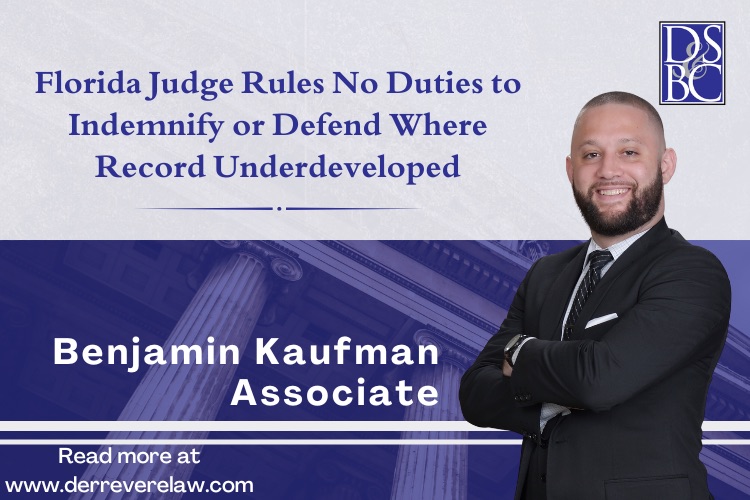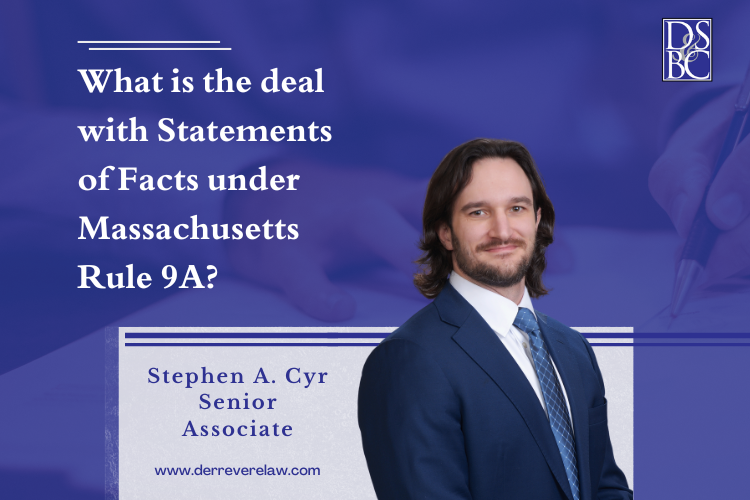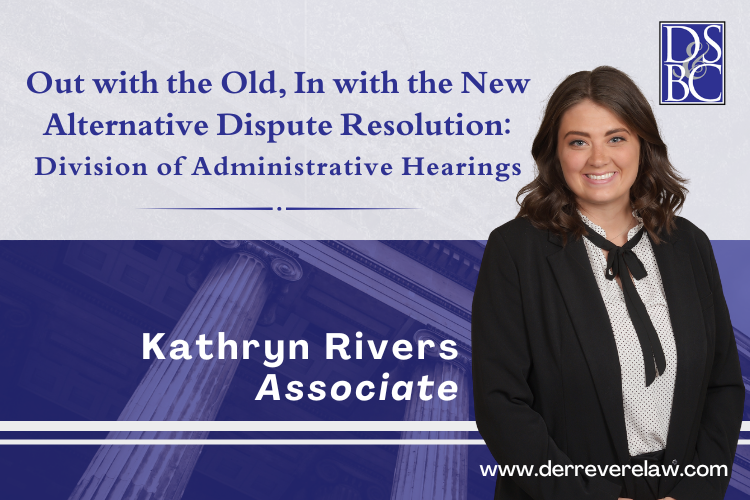Honey Over Vinegar: Civility in the Legal Profession

There’s an old saying: “You catch more bees with honey than vinegar.” Simple advice, but too often ignored in law. Somewhere along the way, toughness was mistaken for abrasiveness and zealous advocacy for aggression. Somehow, “civil” has become anything but that.
Reality is…civility is not optional. It is a cornerstone of how our profession is meant to function.
Ethically, the Rules of Professional Conduct require civility. They forbid harassment, disruption of tribunals, and conduct that undermines justice. They exist because civility protects the integrity of the system itself. Without it, the practice of law becomes less about resolution and more about conflict for conflict’s sake.
Strategically, civility strengthens advocacy. Judges notice which lawyers advance arguments cleanly and professionally, and which waste the court’s time with noise. Juries respond to credibility, not hostility. Clients benefit when disputes are resolved on the merits rather than dragged out by personal battles. A reputation for professionalism builds influence that hostility can never buy.
Practically, incivility adds nothing. It drains time and resources, drives up costs, and strains relationships that must remain functional if cases are to be resolved. According to the American Bar Association, 88 percent of judges say incivility makes litigation more costly and time-consuming. A 2022 ALM survey found that more than 70 percent of litigators said discourtesy from opposing counsel directly reduced their willingness to cooperate on even routine matters.
The personal toll is just as striking. Lawyers are twice as likely as the general population to suffer from mental illness and substance abuse. A 2024 survey revealed that 36 percent reported depression and 67 percent reported anxiety in the past year. When hostility becomes routine, it corrodes both the process and the people within it.
Civility creates space for clarity. When tempers are checked, both sides can focus on what truly matters: the facts that support their positions and the difficult facts that must be addressed. Professionalism narrows disputes, frames the real issues, and moves cases closer to resolution.
It also builds the goodwill that makes daily practice more effective. A civil tone is more likely to secure a deadline extension, prompt a productive settlement discussion, or resolve discovery issues without court involvement. It may not always yield instant results, but honey tends to get a call back…vinegar, not so much.
Judge Frank Caprio, who passed away on August 20, 2025, understood this better than most. Often called the “world’s nicest judge” and celebrated as the internet’s favorite (mine too!), he became a global figure not because of stern rulings, but because of how he treated people with empathy and dignity. As he once said: “We can dispense justice without being oppressive.” His courtroom proved that the law does not lose its authority when it is delivered with kindness.
That example is worth remembering. The profession will always be demanding. We can be relentless and tough, but we can also be decent. Civility protects our clients, our reputations, and ourselves.
Bee smart. Bee nice.
In Memory of Judge Frank Caprio




